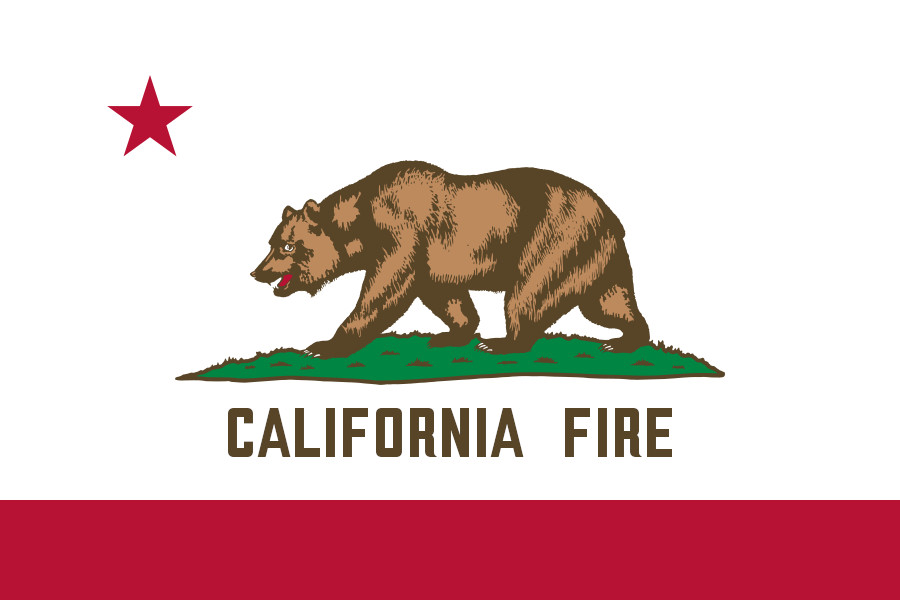Last week I listened to a podcast from ChooseFI with Cody Berman from FlytoFI.com. Cody presented some great concepts to reduce the cost of college. I wanted to focus on one more today that I didn’t hear mentioned. Planning your path.
Before starting college there are some things a student can do to help reduce the cost and time spent for college.
1) Choose a Major
Choosing a major before applying to college is crucial (at least is was in my day circa 2005-2009). Some of my classmates chose to go to colleges with their major undeclared. This puts a student at a distinct disadvantage.
Not having a major makes it tougher to get admitted. College admissions are increasingly requiring personal statements. How are you going to have a compelling statement if you can’t explain what you want to do and why you want to be there?
While most schools cover all the basic majors, some schools have a reputation for great programs in a certain field. I started at Cal Poly which had an amazing mechanical engineering program. However, I left Cal Poly to attend UC Davis with my girlfriend (who is now my wife). UC Davis had a mechanical engineering program and I was hired right out of school, but the program was no where near as good as Cal Poly.
Not having a major also makes it tougher to get courses. Some schools will give priority to students in the major over people taking a course as an elective (or are undeclared).
2) Get College Credit Early
CLEP exams offer college credit for passing tests on knowledge you already have (or can teach yourself). I never took advantage of this option, but I did utilize Advanced Placement courses in high school which work essentially like CLEP exams, except you take the course in high school and then the test at the end of the class. I tested out of biology, US history, Macro economics, Government, and Calculus 1.
If you are already in senior year of high school (or already started college) the time to exercise the options above may have passed, but there are some more things you can still take advantage of.
Community college courses don’t have to be taken before a 4-year university. The summer between high school and freshman year (as well as between freshman year and sophomore year) I took general education courses at my local community college where the tuition is substantially cheaper and courses are easier to get into.
3) Make a Plan
My greatest piece of advice for getting the best value out of a 4-year university though is to make a plan. As I mentioned previously declaring a major before starting school helps move you forward.
Once you have a major chosen and know what school you are going to you need to determine the graduation requirements. At this time you’ll also want to do some research on which courses are impacted (more students signing up then seats are available).
When I started Cal Poly used a rotation system to determine priority. Students were grouped by last name and given a number 1-12 which determine when they could sign up or courses. The schedule was planned out for several years so you could see which quarters you would be at the front of the line and which ones you be registering last. Each student was also offered a one-time skip to the front of the line pass.
Planning ahead allowed me sign-up for difficult to get classes that were pre-reqs for others and make the best use of my one-time skip to the front pass. I didn’t have to crash a single class in college (wait list the class and show up on the first day hoping for a slot).
Most schools now go purely by number of credits which is where CLEP/AP exams and community college credits can help as they will push you ahead of many other freshmen.
Planning things out also allows you to manage your course load so you can take a lot of classes, but not be overwhelmed by all the work. I average 20 units a quarter (more than I would recommend to most people), but my hardest quarter was one where I was only take 16 units.
I had an awesome schedule where I only had classes two days a week. My counselor said taking all these courses at the same time would be fine. However, these were all core engineering courses that required a lot of study (dynamics, thermodynamics, mechanics of materials, and fluid mechanics).
Recap
A quick recap to accelerate your way through college and therefore pay less:
- Declare a major
- Take AP/CLEP exams
- Utilize the community college system
- Plan school schedule from the first quarter to the last (and adjust as needed)
By doing those things I graduated with an engineering degree in 3 years and 2 quarters when many of my class mates were taking 5 years to complete their Bachelor’s degree.


